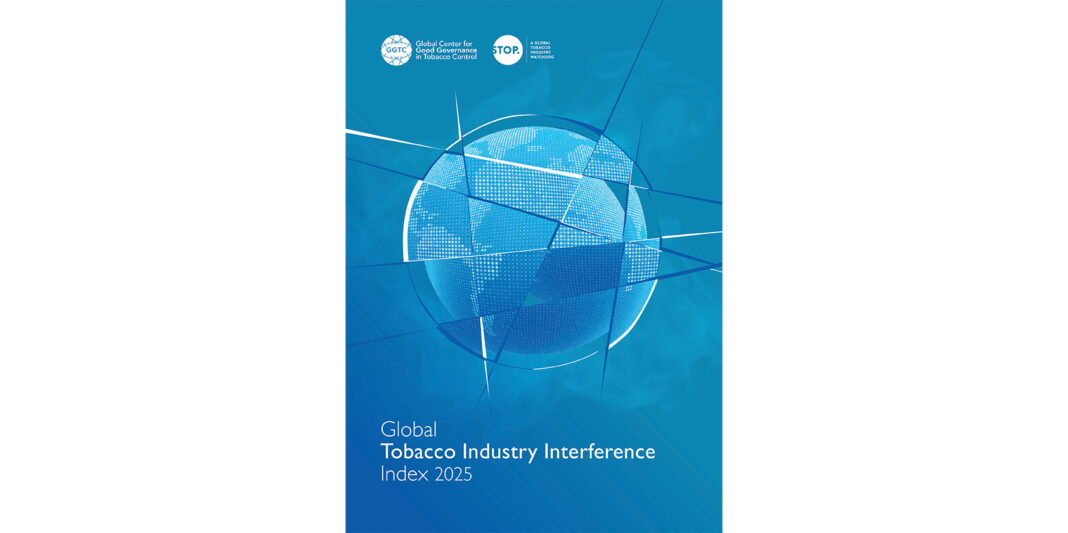Ethiopia has emerged as one of the leading countries in minimizing tobacco industry interference, according to the Global Tobacco Industry Interference Index 2025, released this November. The report, compiled by the Global Center for Good Governance in Tobacco Control (GGTC) and civil society collaborators, evaluates 100 nations on their responses to commercial pressures undermining public health policies regarding tobacco control.
Ethiopia scored 35 out of 100, placing it among the highest-ranked nations with the least tobacco industry interference, alongside Botswana, Finland, and the Netherlands. A lower score indicates stronger government resistance and more robust protections against industry attempts to shape policy for commercial gain.
The report commends Ethiopia for incorporating Article 5.3 of the World Health Organization Framework Convention on Tobacco Control (WHO FCTC) directly into its national legislation via Proclamation 1112/2019. This requires government agencies to disclose all interactions with the tobacco industry and has led to the creation of a code of conduct for public officials involved in tobacco control. These measures foster transparency and accountability, making it difficult for the tobacco industry to exert undue influence.
Among other progressive steps, Ethiopia is highlighted for banning political donations from the tobacco industry, thus mitigating conflict-of-interest risks. The country also engages in awareness campaigns and cross-departmental workshops to emphasize the importance of limiting unnecessary government-industry interactions.
Recent efforts include the termination of a Memorandum of Understanding between Ethiopia’s Customs Commission and Japan Tobacco International in 2024, demonstrating Ethiopia’s commitment to ending collaborative arrangements that could undermine tobacco control policies.
The report underscores that, despite global trends of worsening interference—46 out of 90 countries deteriorated in their scores—Ethiopia stands out as a regional leader in Africa. The authors warn, however, that ongoing vigilance is required, as the tobacco industry continually seeks new avenues of influence, often targeting non-health government sectors where awareness of tobacco control issues may be lower.







